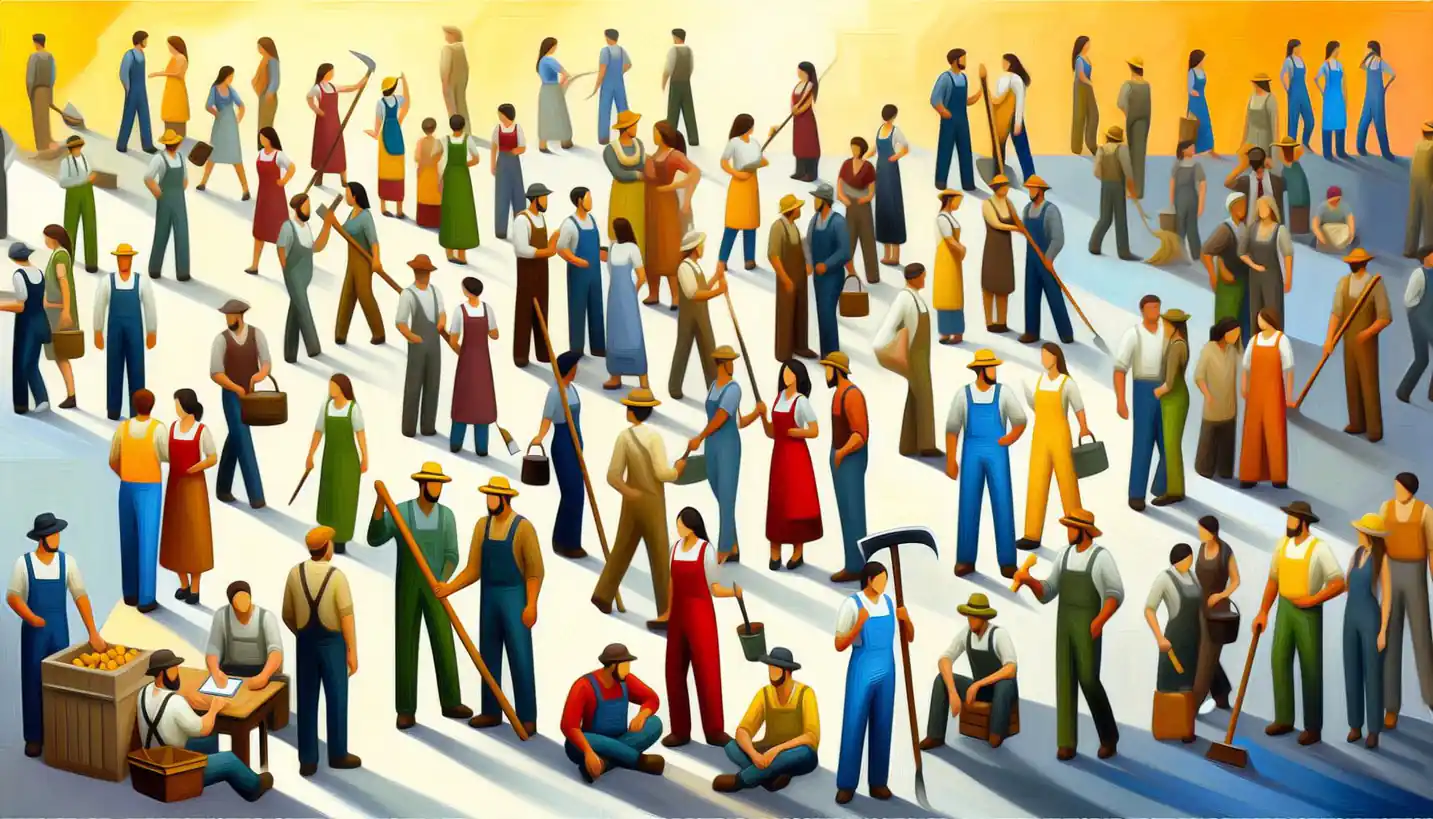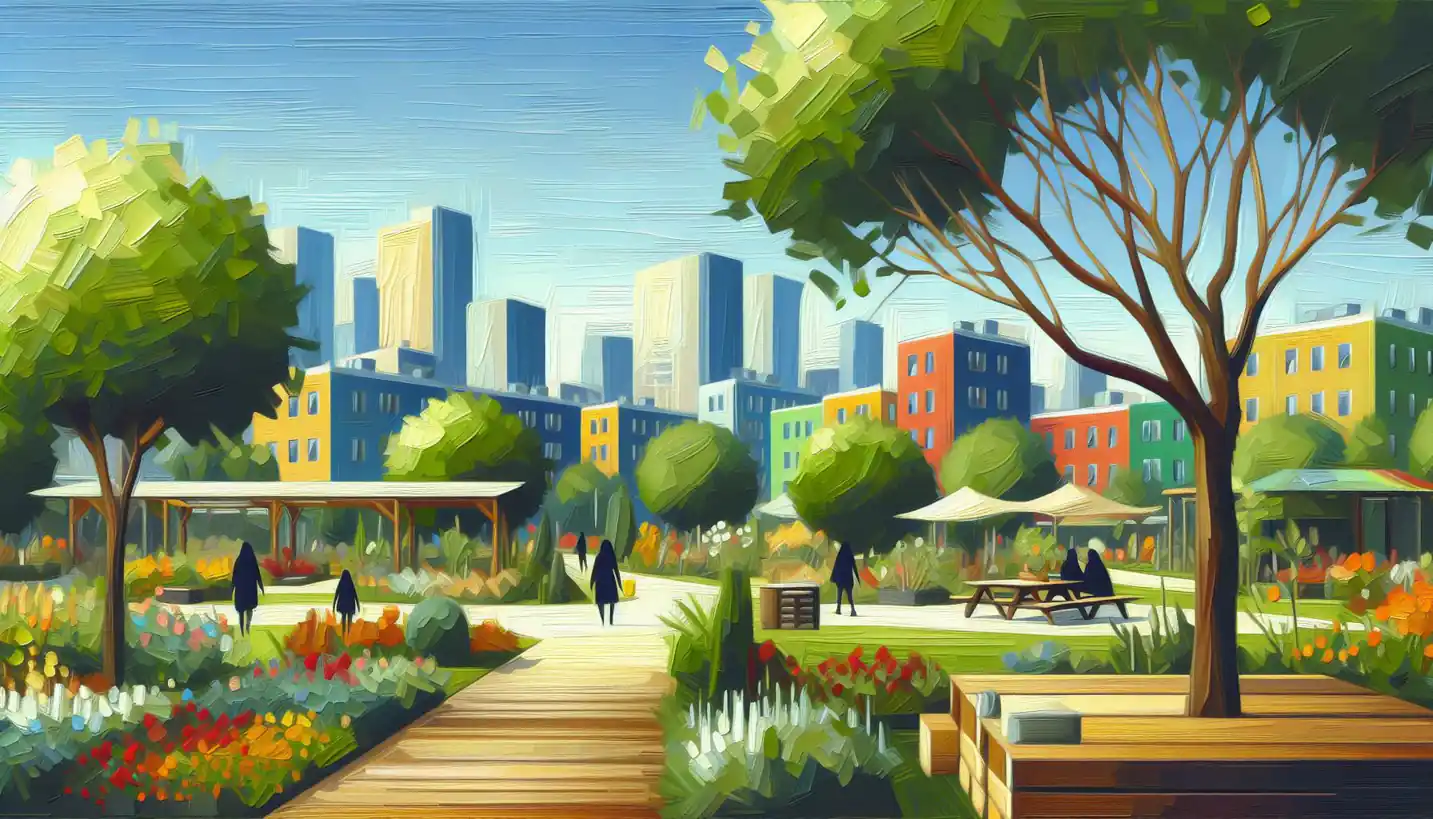· Sociology · 4 min read
Nuclear Family: The Core of Modern Society
Explore the role of the Nuclear Family in modern society and how its dynamics form the backbone of social structures and cultural norms.

The idea of the nuclear family is something most of us are familiar with. It’s the typical setup where you have two parents and their children living together. But why has this family model become the standard, and what does it tell us about our society?
Traditionally, we’ve had big families, often called extended families, where grandparents, aunts, uncles, and cousins all lived close by. This setup was common in many cultures around the world because it provided a support system. Everyone chipped in, whether it was looking after the kids, doing household chores, or working together for the family’s welfare.
Shifting to a Nuclear Model
As the world began to industrialize, the nuclear family became more popular. Imagine living in a small house in a bustling city, where space is limited, and jobs often require you to move away from where you grew up. This was the reality for many people as towns turned into cities and the economy shifted from agriculture to industry.
With these changes, a smaller family unit made more sense. It was easier to move when jobs demanded it, and suddenly, people began to value privacy and independence more. Think of it like slowly building a wall around a space where you could be yourself, without constant oversight from other family members.
The Role of the Nuclear Family Today
In today’s modern world, the nuclear family is still prevalent and remains the subject of much debate and study in sociology. It represents stability for many, providing a sanctuary in a fast-paced and often unpredictable world. Parents can focus their resources on fewer children, offering better education and opportunities, which in turn can lead to upward social mobility.
However, it isn’t without its challenges. The nuclear family can sometimes feel isolated, especially without the instant support that extended families provide. This can be particularly challenging in areas like childcare or eldercare, where having more hands on deck can significantly ease the burden.
Sociology’s Perspective on the Nuclear Family
Sociologists study the nuclear family to understand its impact on society. It is like looking through a window that shows how people organize their lives, distribute resources, and handle responsibilities. The nuclear family model can reveal much about social norms, gender roles, and economic factors in a given culture.
For instance, in many nuclear families, roles were traditionally divided, with the father working outside and the mother taking care of the home. Although these roles have evolved, examining them provides insight into gender dynamics and how they influence other aspects of societal behavior.
Modern Challenges and Transformations
Today, the definition of family continues to change. Single parents, same-sex couples, and blended families all add to the complexity of what we consider a “typical” family. Society’s understanding of family is becoming more fluid, reflecting broader shifts in cultural attitudes and social norms.
The nuclear family also faces new pressures from economic conditions, with many families needing dual incomes to sustain a decent standard of living. The hustle and bustle of modern life often mean that family time has become a precious commodity. Balancing work, social life, and family can sometimes feel like spinning plates, where dropping one could mean chaos.
The Importance of Understanding Family Dynamics
Delving into why the nuclear family became the dominant model can teach us about adaptability and survival. As our world continues to evolve, families are finding new ways to offer support and love. Whether it is through technology connecting distant relatives, or community networks substituting extended family roles, the essence of family endures.
The nuclear family, though a specific arrangement, serves as a remarkable model for studying the interplay of tradition and change in human societies. It shows us how people navigate their lives amid evolving social landscapes.
Future Directions in Family Studies
Sociologists continue to explore how the concept of the nuclear family will evolve. Questions about how technology, remote work, and globalization impact family structures are at the forefront of modern research. Will family roles become even more decentralized, or will new forms of community take the place of traditional family roles?
As we ponder these questions, it’s exciting to think about how these shifts might create a more inclusive and supportive society. By understanding our past and present, we can peek into the future of what family means and might become.
In essence, while the nuclear family has been a cornerstone of modern society, it also reflects our society’s ability to adapt. As we forge ahead, it remains a topic that captures our curiosity, challenging us to rethink what family can be in our ever-changing world.


